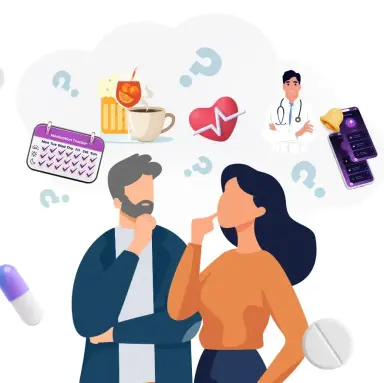In heart failure Every Pill Matters.
Heart failure happens when the heart isn’t pumping as well as it should. This can cause symptoms like feeling tired, shortness of breath, and persistent cough.1 Medicines can improve your symptoms, enhance your quality of life, help you live longer, and avoid hospital visits. Stopping or skipping medications can worsen heart failure and increase hospitalization risk.2
How can I remember to take my medicines?
Follow these tips: 3,4
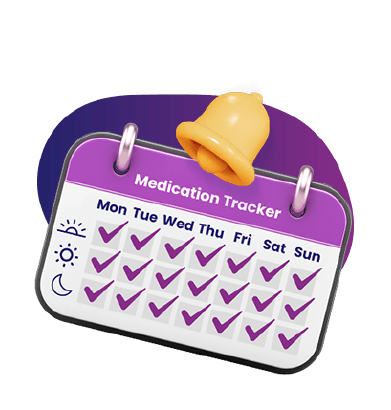
Use tools to track your medicines
Use a whiteboard with magnets to list your medicines. Mark it when you take them, then erase at the end of the day.
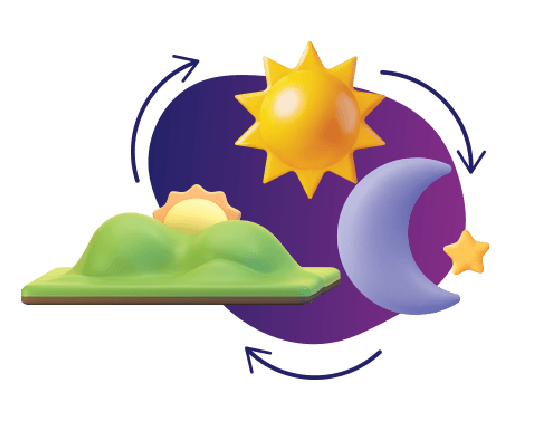
Create a routine
Take your medicine at the same time each day, for example when brushing your teeth.
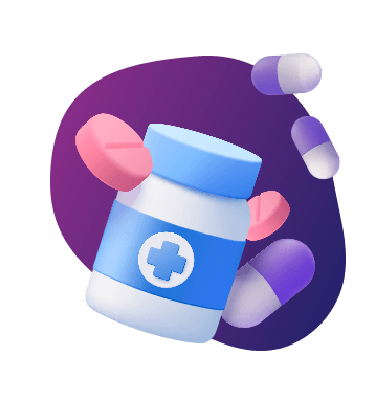
Keep it visible
Leave your medicine in a place you can easily see.
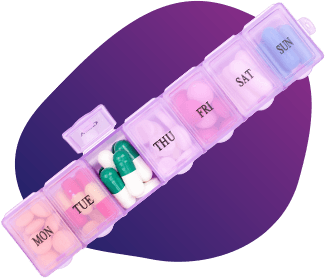
Organize your medicines
Use a pillbox by day and time. This helps you remember and avoid taking a double dose.
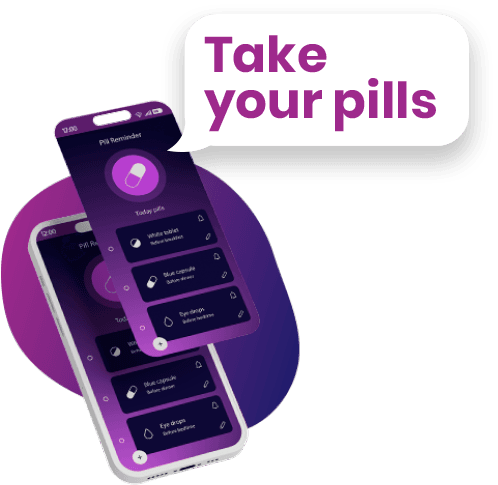
Use digital tools
Use of mobile apps and text message reminders can prompt you to take your medicines on time.
How should heart failure be managed?
What should I do if I forget to take my medicines?5,6
- If you miss a dose, take it as soon as you remember, but do not take two doses at one time.
- In general, the European Medicines Agency advises: if you miss a dose and it's been less than 6 hours, take it as soon as possible after a meal.
- Take your next scheduled dose at the regular time.
- Always consult your doctor or pharmacist for specific advice on managing missed doses
Would you like to find out more?
For heart failure patients, missing your treatment too often can put you at higher risk of cardiovascular complications.7
